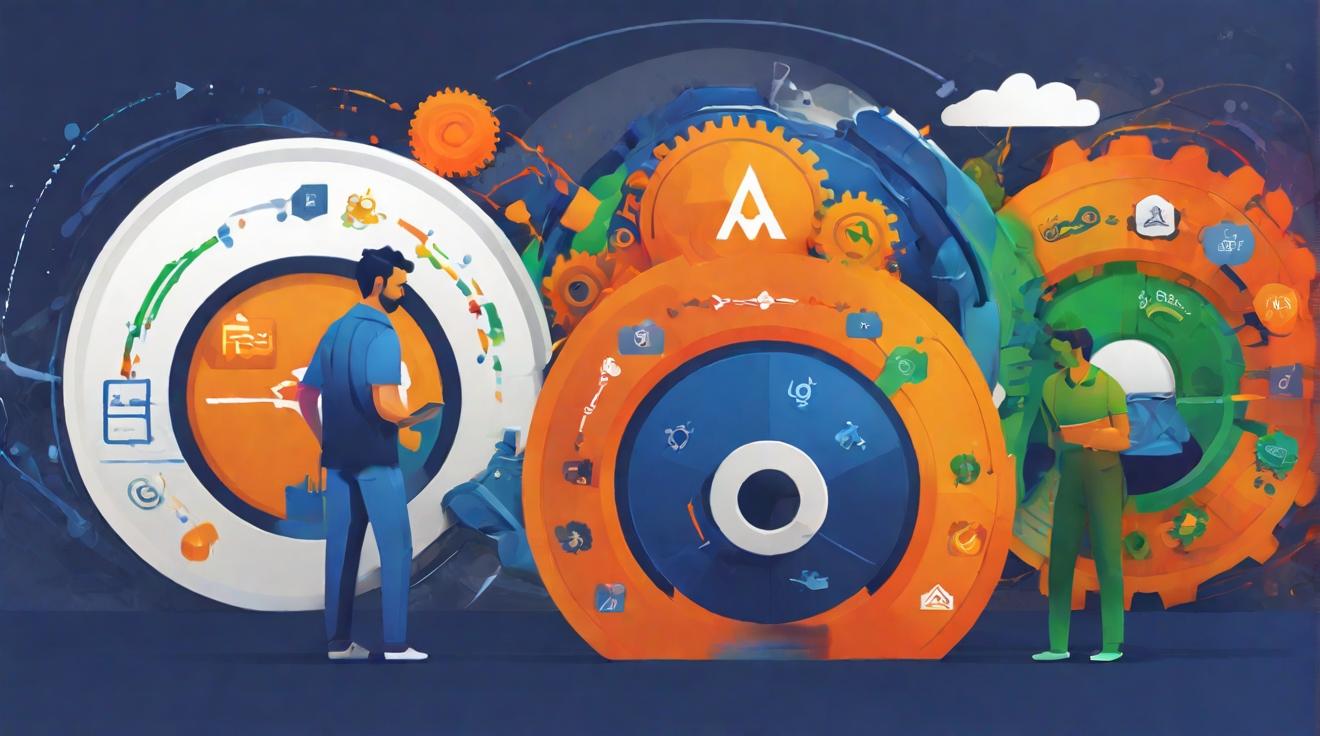Higher Delivery Bills for Seattle Residents Amid New Minimum Payment Ordinance
Seattle residents are facing higher delivery bills from popular app-based services like DoorDash, Instacart, and Uber Eats, following the implementation of a new law that requires minimum payments to app-based workers who drive for these platforms. The Seattle City Council’s App-Based Worker Minimum Payment Ordinance came into effect on Saturday, requiring companies to pay a minimum amount to workers based on the time worked and miles traveled for each offer. The minimum payment must be the greater of $0.44 per minute and $0.74 per mile, or a minimum of $5 per offer.
App-Based Food and Grocery Delivery Services in Seattle Raise Prices in Response to New Law
In response to the new requirements, app-based food and grocery delivery services that rely on gig workers are raising their prices and curtailing benefits for users due to increased compliance costs. Instacart, for example, will guarantee its shoppers the minimum amount required by the Seattle law, which amounts to over $26 per hour. However, to offset these costs, the company is ending heavy pay, peak earning times, and instant cash-out options for shoppers in Seattle. Instacart stated that it would also have to implement pricing increases and reduced service options for customers in the city.
Instacart Ends Heavy Pay and Peak Earning Times for Shoppers in Seattle Due to Minimum Payment Requirements
Instacart, one of the leading grocery delivery services, has seen the biggest impact from the new Seattle law. In order to meet the minimum payment requirements of over $26 per hour, the company will no longer offer heavy pay, peak earning times, or instant cash-out options to shoppers in Seattle. This means that shoppers will see changes in their pay structure and may have to wait longer to receive their earnings. The company has expressed its commitment to delivering the best customer and shopper experience despite the limitations imposed by the City Council but warns that additional changes may be necessary in response to these new regulations.
Uber Expects Higher Costs and Diminished Work Opportunities for Drivers in Seattle After New Laws
Uber has expressed concern over the impact of the new laws on both customers and drivers. The company expects that customers will face higher costs for ordering on the platform due to the increased fees required to comply with the Seattle law. In addition, Uber predicts a loss of hundreds of thousands of orders for small businesses in the Seattle area, which could result in diminished work opportunities for Uber and Uber Eats drivers. The company supports thoughtful earnings standards but believes that the new regulations imposed in Seattle go beyond what is necessary.
DoorDash Warns of Adverse Effects on Community, Implements Changes to Comply with Seattle Regulations
DoorDash, another popular food delivery service, has also expressed concerns about the new regulations and the adverse effects they may have on the community. The company warns that these extreme policy changes could impact all members of the community, including Dashers (DoorDash drivers), merchants, and consumers. In order to comply with the Seattle regulations, DoorDash has made changes to its payment structure. Dashers will now earn at least $26.40 per hour before tips, and they will also receive mileage reimbursement for their time spent on delivery. However, consumers will face a new regulatory response fee at checkout, and the availability of Dashers may be affected, potentially leading to longer wait times or fewer offers for customers.
In conclusion, the new minimum payment ordinance in Seattle has led to higher delivery bills for residents. App-based food and grocery delivery services are raising their prices and making changes to compensate for the increased costs of compliance with the new regulations. While these changes aim to ensure fair payment for app-based workers, they also have unintended consequences for both consumers and gig workers in Seattle.
Analyst comment
Negative news.
As an analyst, the market is likely to see a decrease in demand for app-based food and grocery delivery services in Seattle due to the higher costs and reduced benefits for users. This could result in fewer orders for drivers and potentially higher prices for customers. However, it remains to be seen how these changes will affect the overall market and if alternative solutions will arise to address the needs of residents.













